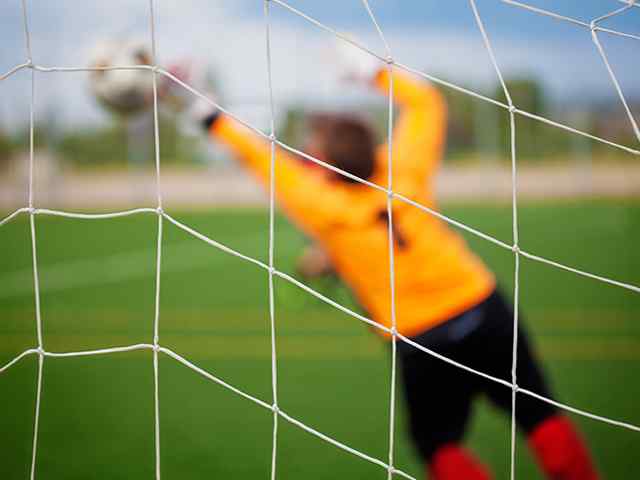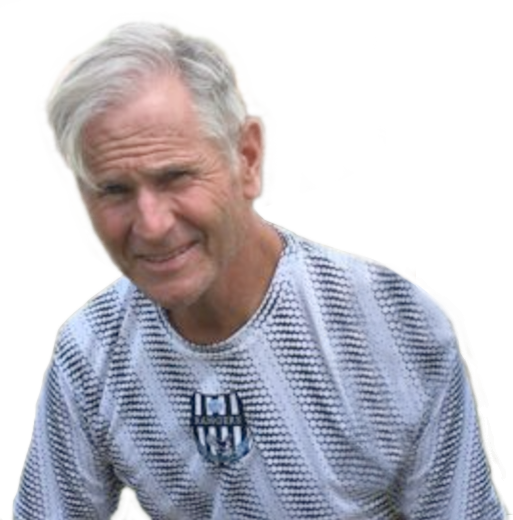
Goalkeeping Information for all
Keepers Corner (KC) is an informational site for Goalkeepers of all ages, male and female.
Our main section will be the “training exercises and technique section”. That section will provide Goalkeeping videos from around the world. From Goalkeeping basics for beginners to advanced training and techniques provided by professional Goalkeeper trainers. You can do much of this on your own, with a parent or, better yet, with another soccer player or GK.
No one person has a monopoly on the subject and exposure to various training and techniques from experts around the globe will provide a well rounded experience for everyone.
Please browse the site, check out the GK profile section, you might know that GK!
Any constructive feedback is appreciated, contact Winston DuBose at wdubose@tampabay.rr.com.
Director’s Philosophy
1) The Goalkeeper must be one of the most athletic people on the field. They are a combination of a NFL wide receiver, MLB shortstop, Olympic gymnast, and possess the lungs of a Olympic miler.
2) They also have to be a good chess players. Why? They need to anticipate the oppositions next move, and snuff it out!
3) They need to be a good communicator. Being the “last line of defense” they can see everything. They need to communicate with clarity and precision to their defenders about imminent scoring threats. Organizing their defense helps to STOP goals and makes their job easier.
4) Lastly, unlike years ago, the Goalkeeper has to be very good with their feet. They are the Sweeper of the team. Modern soccer “requires”, not optional, that GK’s stop and start attacks with precision, using their feet.
I believe strongly in practicing good technique over and over again. What good is a GK that makes an incredible save to keep their team in the game, only to give up a soft goal by not holding on to a weak shot? Young GK’s will be taught “over and over” the basics of diving, angles, and positioning. As they get older, crossing, 1v1, distribution, and more advanced techniques will be discussed and practiced.
Goalkeepers of all ages will make mistakes, even great professionals! Let the game be their teacher. The yardstick will be, if you see them not making” that mistake” as frequently, if at all, in the future. Encourage the GK as much as possible. Being mentally strong after a bad game or mistake is a HUGE attribute. Learn from it and move on! If you aren’t learning and getting better, then that may be a sign that Goalkeeping isn’t for you. If it isn’t fun, then rethink why you want to be a Goalkeeper.
Don’t ruin a young goalkeepers spirit and confidence by being overly critical.
Lastly, I encourage parents to take in interest in their child’s development as a Goalkeeper. I am open anytime for questions or concerns. In fact, I encourage the parents to attend their child’s Goalkeeping practice. Understanding what they are being taught, and why, is a big component of their development.
Coach
Winston
Coach Winston has coached and mentored youth teams for over 20 years.
More recently, he is spending his coaching time mentoring Goalkeepers of all ages, especially ages 8-14.
Beginning Goalkeeping at an early age, and mastering good habits, allows oneself to learn more advanced training, technique, and tactics, from ages 13-18.
Passion, self discipline, and a “burning desire” to be the best separates ” average” Goalkeepers from “very good” Goalkeepers to ”professional” Goalkeepers.
For more on Winston’s Bio please refer to https://en.wikipedia.org/wiki/Winston_DuBose

Keepers Tools
Technique
- Diving, high and low balls
- Set Position
- Catching
- Shot stopping
- Crosses
- Distribution, hands and feet
Tactics
- Angles, positioning
- Anticipation, starting position
- 1v1
- Organizing defenses
- Communication
- Restarts
Mentality
- Confidence from practicing the right things
- Learning from mistakes
- Short memory
- Visualization
- Leadership
- Self motivation and analysis
Physical
- Athletic ability
- Fitness, cardio-vascular
- Pressure training
- Strength, and coordination
- Flexibility, gymnastics
